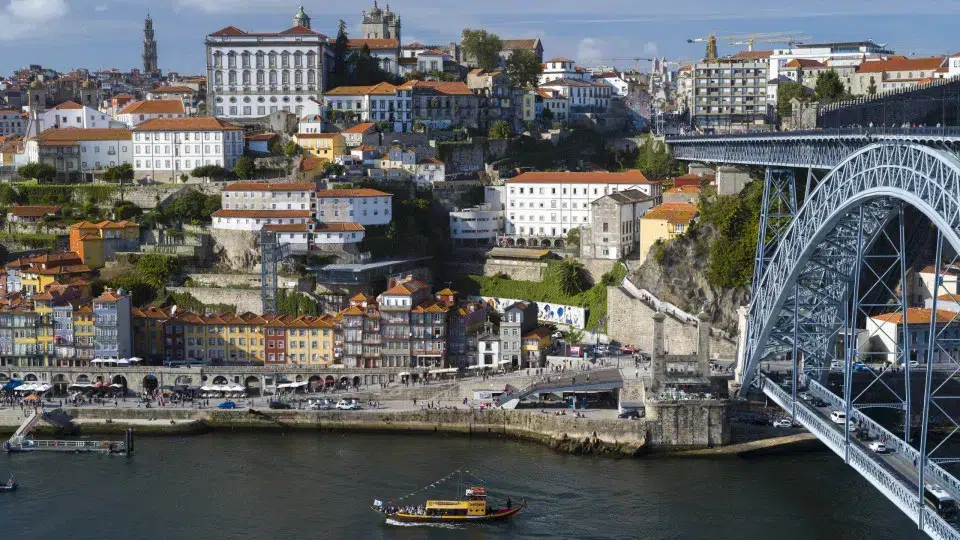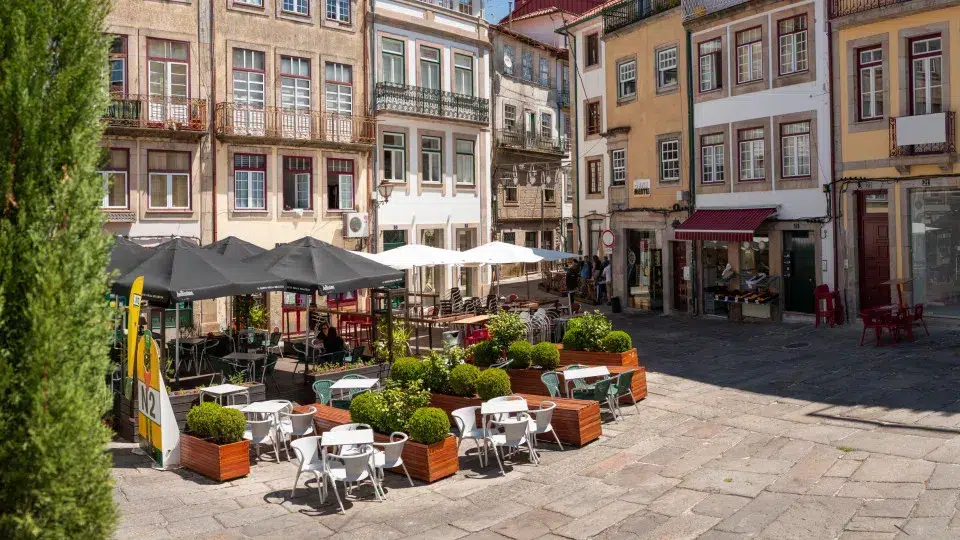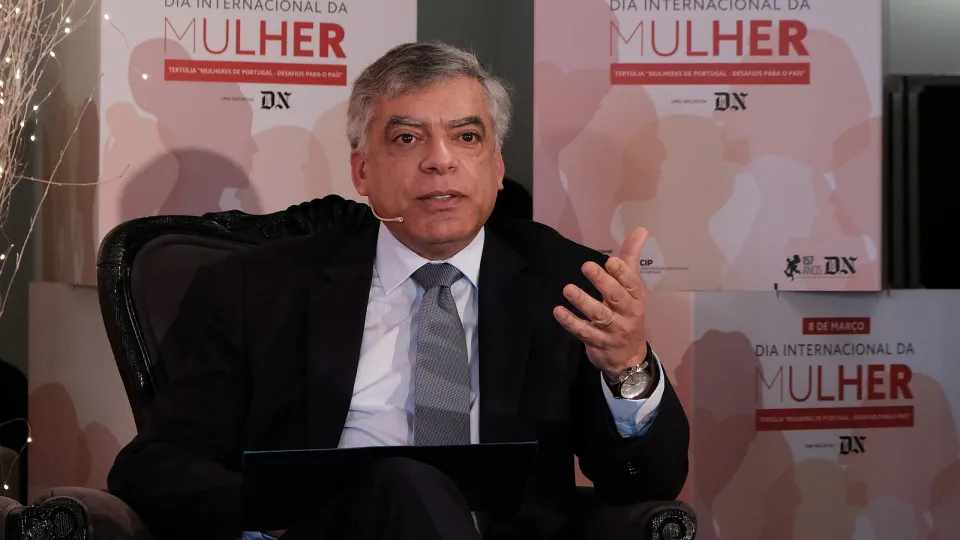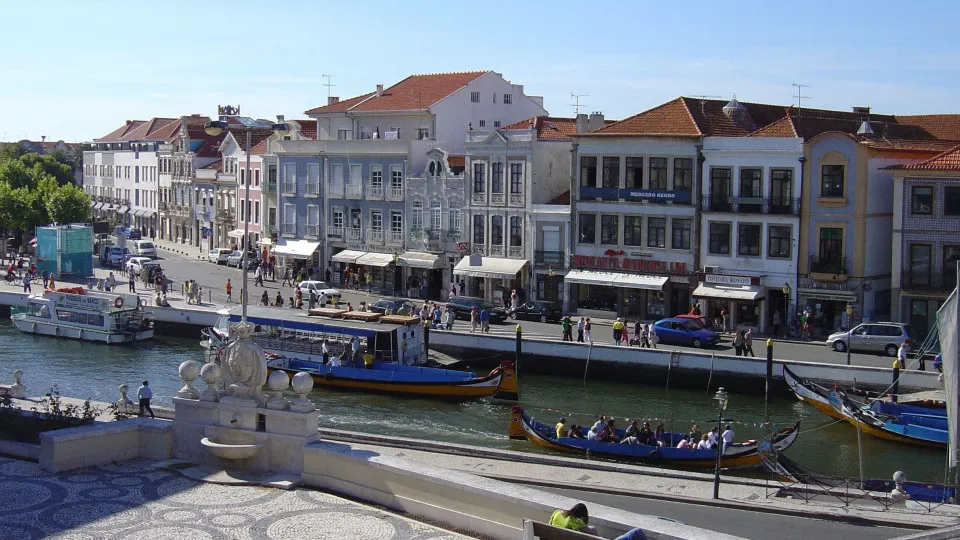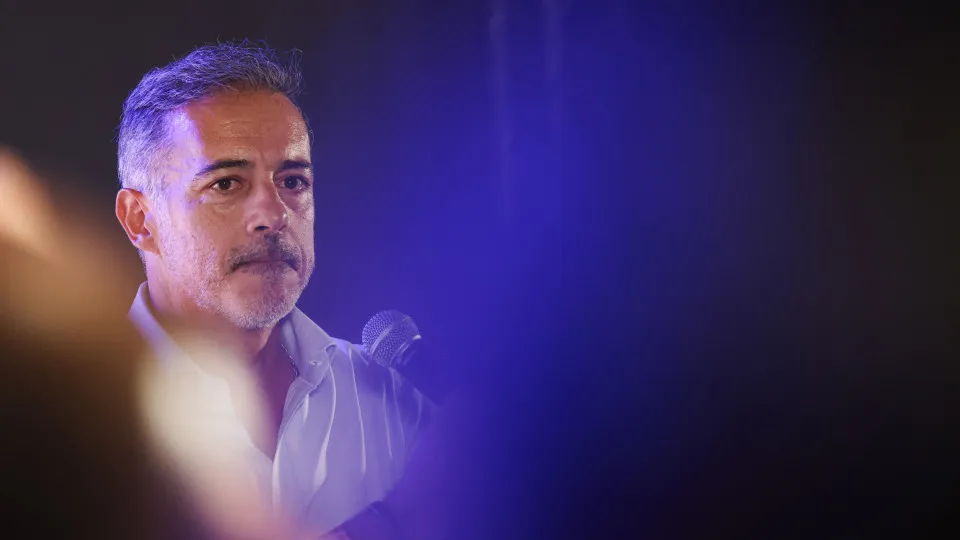
“We must rethink our economic development model. A city that relies excessively on tourism and real estate risks becoming a victim of its own success,” stated Pedro Duarte in his inaugural speech at a ceremony held at the Monastery of São Bento da Vitória, attended by figures such as the outgoing president Rui Moreira, Lisbon’s counterpart Carlos Moedas, Gaia’s counterpart Luís Filipe Menezes, and the bishop of Porto, Manuel Linda.
For Pedro Duarte, Porto needs to reinforce its “productive base and focus on tradable goods and services” by “diversifying, consolidating the knowledge economy, valuing creative industries, attracting innovative companies, and protecting local commerce, which sustains the city’s cohesion.”
At the beginning of his speech, he had already identified that “Porto has grown, but with growth came new pains: pressure on housing, insecurity, mobility limitations, and persistent inequalities.”
Highlighting five essential points, Pedro Duarte assured that his governance will focus on “solving the real problems” of people, will act “based on dialogue, listening, and consensus,” will maintain “Porto’s legacy of sound financial management,” will govern with “proximity” by being “in the streets and neighborhoods,” and will exercise power “with courage,” without dependence on “particular interests” and “with audacity toward the old ways and detachment from the ‘status quo’.
“Porto cannot – and does not want to – close itself off. It must be thought of in a network and viewed in articulation with the Metropolitan Area, with the North Region, with the country, and with Europe,” he added, envisioning the city as “a reference for cooperation and trust among the region’s municipalities,” with a “constructive attitude,” “strategic vision,” and “ability to unite.”
Recalling an idea from his electoral victory speech on October 12, Pedro Duarte expressed his desire to assert the city “without complexes,” assuming “its responsibility of leadership: to lead in uniting the region, to project Greater Porto, to strengthen the role of the North and, thus, to strengthen Portugal.”
With a focus also outside the municipality he will govern for the next four years, the former minister acknowledged that the local authority is not immune to global challenges, such as climate change, “wars, geopolitical tensions, and new authoritarianism,” reminding those present at the inauguration that “peace and democracy are fragile achievements.”
“Social inequalities remind us that progress is only real when it takes us all along,” he further declared, stating his vision of the city “is based on a simple idea: governing is creating the conditions for people to be happy.”
Regarding the word “happiness,” he considered that “for too long, politics has distanced itself from this word — as if it were abstract, superfluous, or even improper for the political dictionary.”
For Pedro Duarte, “happiness is not a luxury, nor a chimera: it is the reason for life in community” and “being happy is having health, a decent home, and a job that allows living in peace,” with “time for family, friends, rest, sport, and culture” where one can walk “safely” and “breathe clean air.”
“A city of opportunities. Opportunities for everyone, regardless of growing up in social housing or a luxury condominium,” he emphasized.
To his predecessor Rui Moreira, Pedro Duarte expressed gratitude for having given “new life to the city,” acknowledged his management as carried out with “independence and courage,” and said he feels “inspired” by the legacy left behind.
“You opened Porto to the world and gave world to Porto. In these 12 years, the city underwent a profound transformation and became an international reference,” he added.
Concluding his speech, he stated that “social cohesion is not decreed, it is built,” considering that “it is time to unite,” “feel empathy,” and revive “the sense of community, belonging, and mutual aid.”
“If there is a city capable of fighting against the climate of distrust, isolation, and hatred that marks our time, that city is Porto,” he stressed, concluding with a “bibó Porto.”
[Updated at 7:50 PM]

